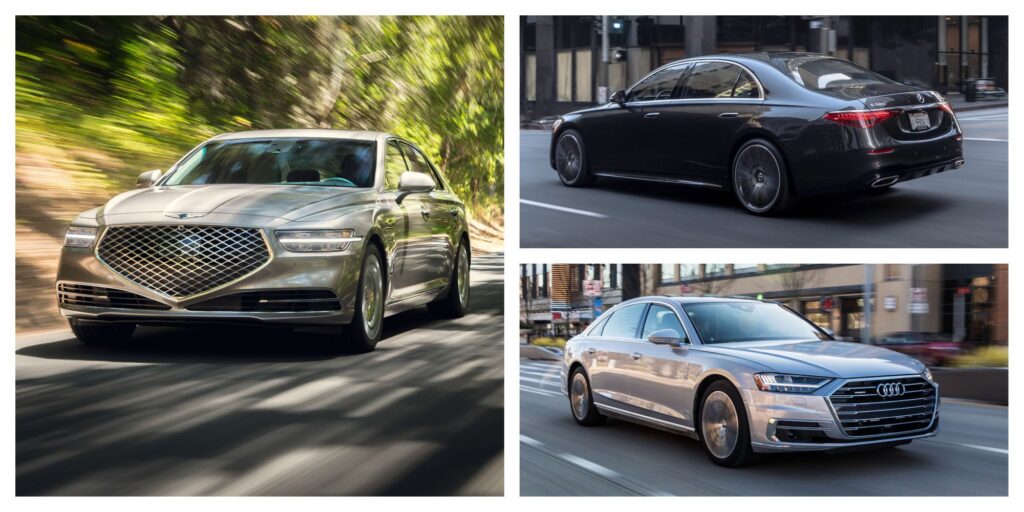Luxury cars should be built to last longer than non-luxury brands. If you are considering a luxury car in the expectation that it will be a better investment, here’s what you should know.
Engine Quality
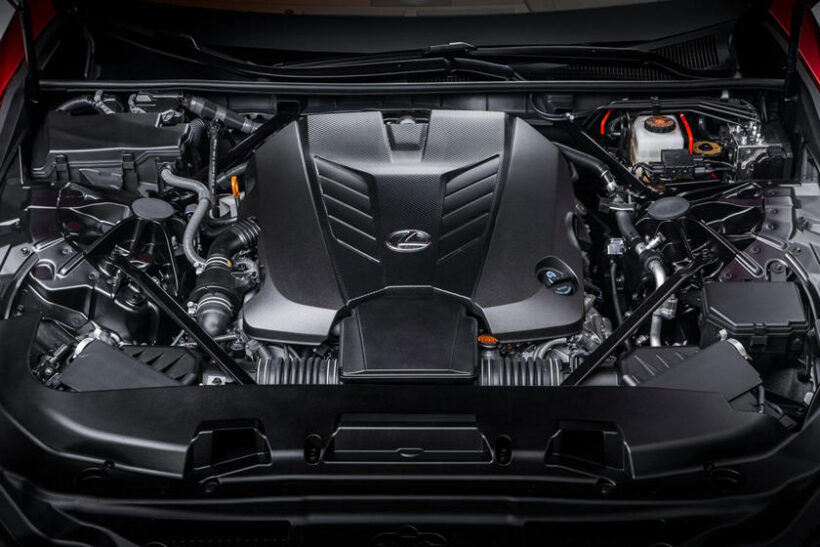
Luxury brands must engineer higher performance cars. This is part of their mission. As such, it can be said that luxury car engines must meet a higher standard. The manufacturer must utilize higher quality parts at every stage in the engine’s construction. This results in a longer-running machine.
Interior Quality
If the engine is still running, someone will be driving the car. Will it be you? That depends on interior quality. In this area, luxury cars tend to use the most advanced materials whether those are natural or manmade.
Their high standards require the most seamless integration of the parts to create the whole. Taken together, these quality markers ensure that the interior will still look good many years down the road. Lexus calls it “monozukuri,” a Japanese word that best translates as “the making of things.”
Advanced technology
When a brand develops its next big thing, it always starts out at the luxury car level first. This usually means that a luxury car will have the most advanced technology. This keeps it competitive as it ages. If you have been in a five-year-old luxury car, you are likely to notice features that are only now becoming widely available.
For example, Audi debuted its digital instrument panel five years before the feature surfaced in the affordable Volkswagen lineup. Likewise, safety equipment such as traction control was introduced on luxury brands and took years to become standard on affordable cars.
Better Design
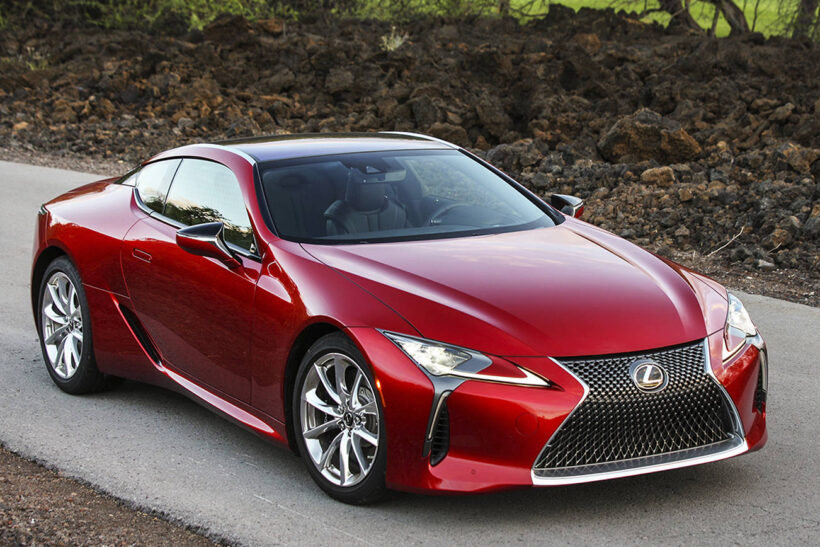
Automotive manufacturers are constantly testing new designs to discover what works best. Often they will start a new design in their luxury brand and work their way through to their non-luxury models. This means that a luxury SUV will ride on a better designed chassis three years or more before the non-luxury brand catches up to the innovation.
Best Suspension
Luxury brands put more emphasis on ride quality. They utilize the latest developments in suspension materials and technology to smooth the ride. This has the dual purpose of improving driver response. That, in turn, ensures that jarring and bouncing are kept to a minimum. When these things are reduced, the SUV stays in better shape, improving the length of its road life.
Owner Upkeep
Most luxury car owners have the money to keep the vehicle in top working condition. They are more likely to pay for such things as tire rotation and general maintenance. They are also more likely to pay full price for OEM parts. This means that the vehicle gets the best upkeep, ensuring a longer road life, according to EarnhardtLexus dealership.
OEM Parts
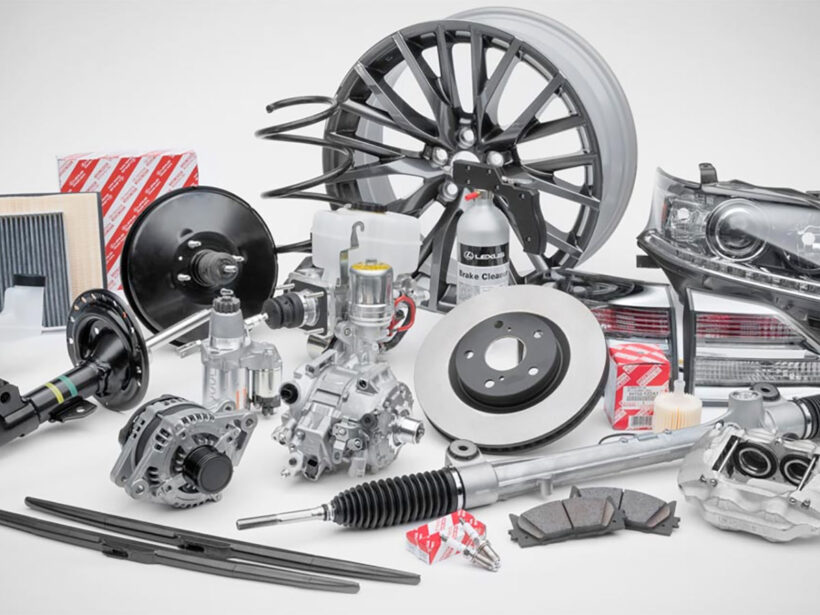
OEM parts are what is used in the factory when the car is created. If the mechanics only use these parts for repairs, then the car has the best chance of maintaining its factory-level engineering. It guarantees the same material quality and an exacting fit.
Material Difference
If you purchase the top trim of a regular brand, you may be getting the best possible product. However, it may still lack the finished quality of a luxury brand. This may come down to cheaper components in the interior or in the engine. It can be those small differences that tip the balance toward a shorter road life.
Exceptions to Every Rule
There are exceptions to every rule. When shopping for new or used luxury cars, be aware that some brands aren’t as good as others. Also, be aware that the least expensive models on a luxury lot may be of substantially lower quality while still commanding a top price.
Independent studies are important when determining whether vehicle quality is keeping up with the hype. For instance, you might assume that Mercedes Benz is the most durable because the brand is so closely associated with luxury living. Actually it doesn’t do as well as some other automakers. For instance, Lexus earned the top spot among luxury brands in the 2024 JD Power Initial Quality Study. The Lexus brand also consistently earns top marks in JD Power Reliability Studies.
Resale Values
The prestige of a luxury car will always help its resale values. From that standpoint, it may not be roadlife that matters to you as much as how much it will fetch when you trade it. Unfortunately, luxury cars lose value quickly in the early years. An older luxury car often retains more value due to all of the reasons already listed that give it a long road life. This means if you sell it at five years, your return isn’t as good as if you keep it and sell it at ten years.
Ownership Costs
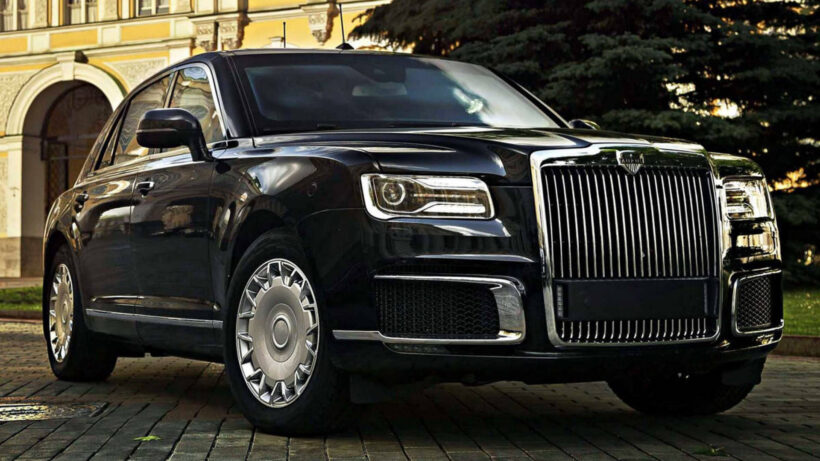
The last point to make is that, no matter how much longer a luxury car runs, it will have higher ownership costs than a regular car. There are many reasons for this. The first and most obvious is that it costs more to purchase the vehicle. If you have excellent credit and can get a very low interest rate, you might be able to say differently at the end of the loan, but it isn’t unlikely.
It also costs more to insure a luxury car because it would cost more to repair it or replace it if the owner was in a wreck. Fuel costs are higher because premium fuel is generally required. Plus, luxury cars often have poor fuel economy because the brand is more focused on performance.
Maintenance and repairs are more costly. For one thing, many repairs need to be done at the dealership. This always means a higher labor rate. For another, original equipment manufacturer parts are recommended, increasing replacement costs.
Luxury cars do offer a long road life, especially if they are well cared for. Will they outlast a similar, non-luxury rival? That depends on the specific brand and model, but the chances are good that the luxury car will win the contest in the end.

